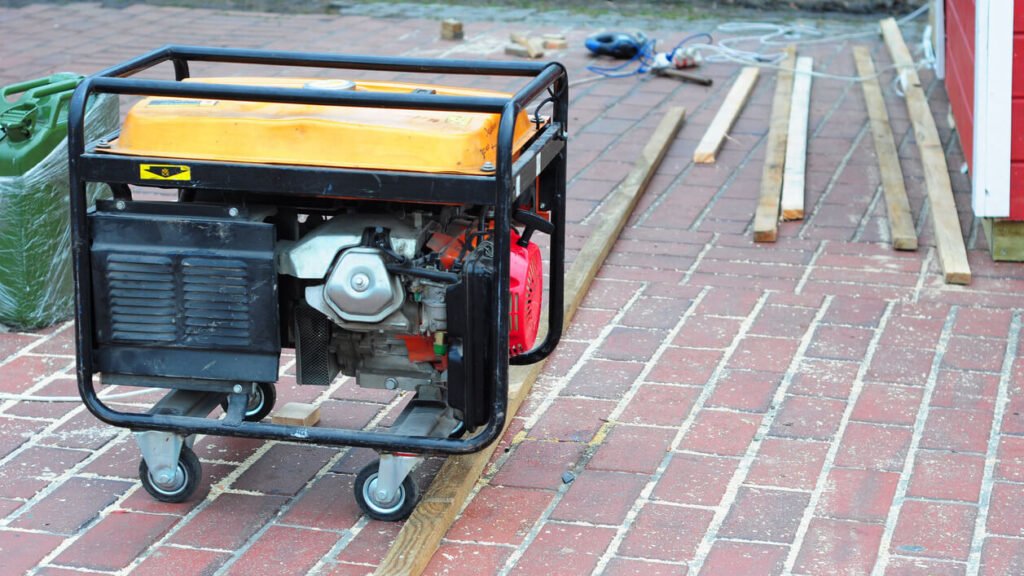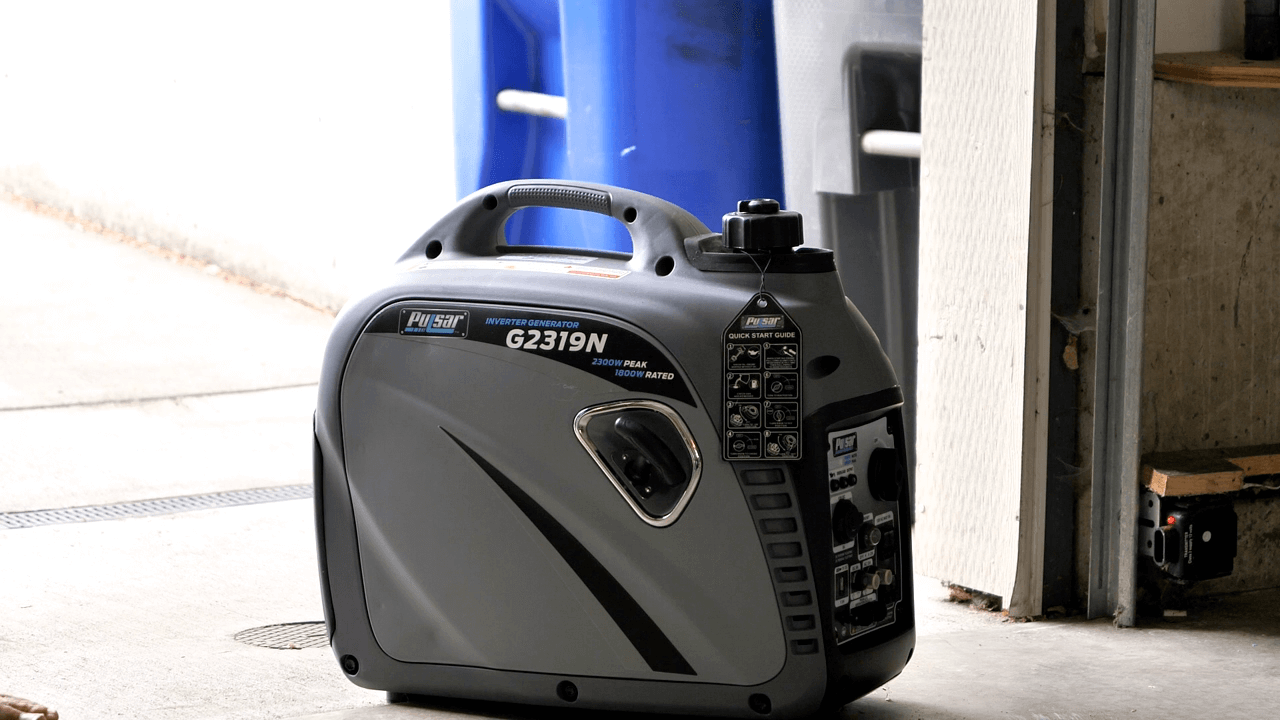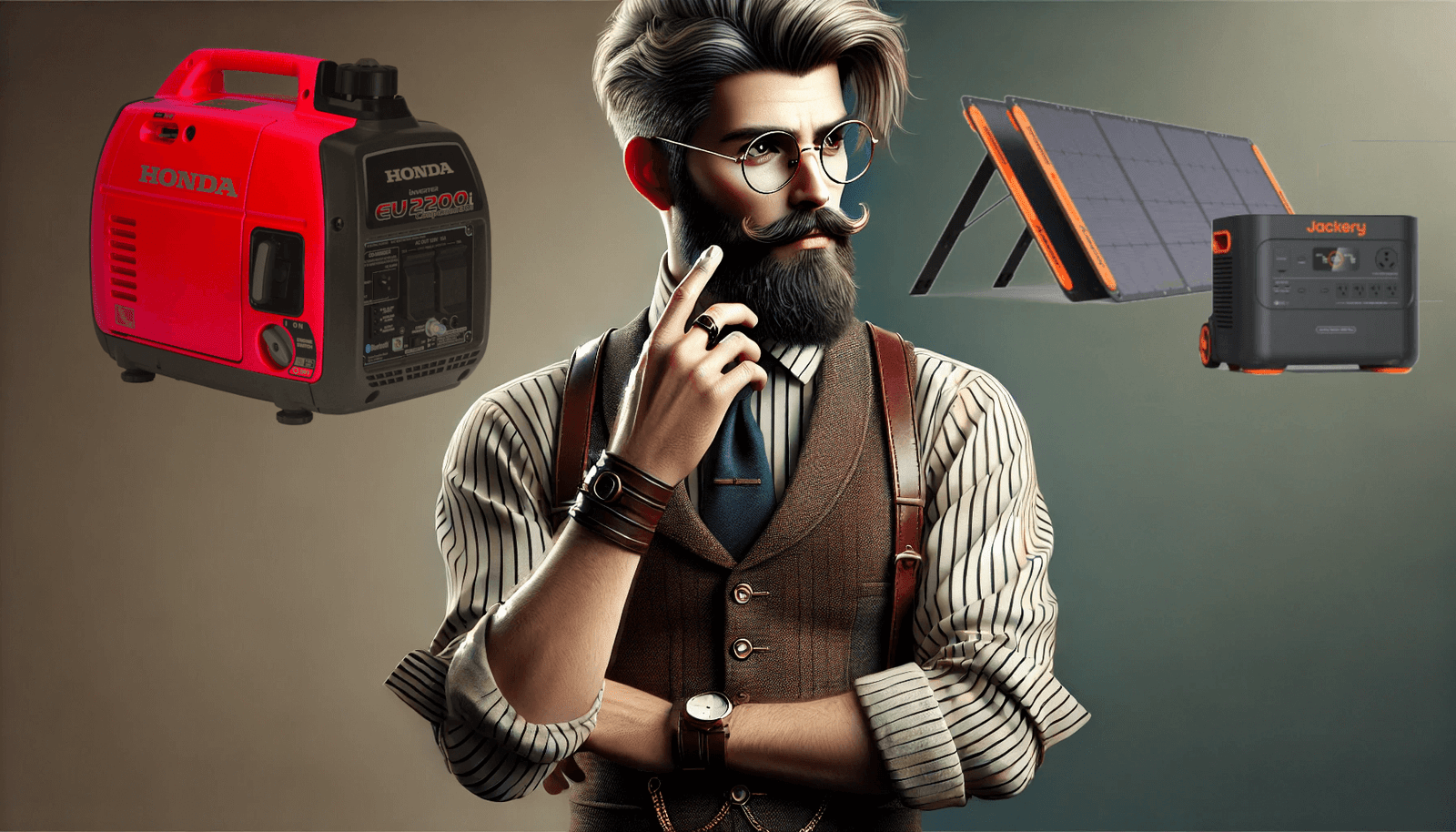Why do I need a generator?
Could you live without electricity for 3 days? Here in Portland, we get an ice storm every winter, but last year’s was particularly bad, knocking out power in chunks of the suburban area for days. One friend lost hers for 85 hours. Fortunately she had a fireplace, but imagine having to go out and run the car for an hour to charge your cell phone, and being stuck at home for days without Netflix! Seriously, though, having reliable, on-demand power is a luxury we have gotten used to. When it’s not available, we lose access to lights, communication, refrigeration, heating, transportation, and yes, entertainment.
What natural disasters do you have in your area? Tornados and Hurricanes? Earthquakes and Wildfires? Floods? Heatwaves? If you have utility power that’s generally reliable, you may never have thought of it, but it’s common to lose power for a few hours a couple times a year just from maintenance or accidents. Having on-demand electricity gives you the ability to run power tools, charge phones, and keep your food from spoiling. A generator gives you peace of mind that losing utility power doesn’t mean leaving your family in the dark. I consider it one of the top essential items when preparing for natural disasters.
Should I get a portable or standby generator?
There are two primary types of generators, portable ones that are designed to be moved where they’re needed, and stationary ones that are designed to be integrated into the power infrastructure. The portable type are designed to be “portable”, i.e. moveable, by a single person, whether it’s a 1-3kW “suitcase” unit, or a 5-12kW wheeled “worksite” generator. The stationary type are often referred to as “standby” generators, because they are designed to be directly connected to your home’s main power, and automatically turn on when they detect a loss of power on the circuit. They are quieter, which is nice, but they’re also a lot more expensive. Unless you have unreliable utility power, or are fully off-grid and building a robust power system, you probably won’t be looking for a standby generator.
Are portable generators worth it?
Portable generators are very cost effective – for a few hundred dollars, you can cover about 60-80% of the power needs of the typical household, and since they’re portable, they’re available as an option if you want to take them RV or trailer camping, or if you need to use them for setting up your homestead after SHTF. Having your on-demand power needs covered in a disaster can provide serious peace of mind.

Do I need a generator for my house?
When (not if) a disaster occurs, you will be glad to have access to a generator, but strictly speaking, it’s for comfort and convenience, and not a life-or-death requirement. The major exception to this is if you have a condition requiring sensitive medical equipment, e.g. refrigerated insulin, breathing assistance machine, one night without power could go from an inconvenience to a major disaster.
How do I use a portable generator to power my house?
With a smaller portable “suitcase” generator or similar you will primarily use extension cords to connect to whatever you need to power. Do think about how many devices you will need and where they are located, to determine how many extension cords you will need and of what length. For most homes, you will have to make some decisions about what to power when, and probably move cords around periodically. For a flexible and cost-effective way to increase output power, suitcase generators can often be connected with a “parallel kit”, allowing you to boost the output capacity of the setup without stepping up to a larger, heavier unit.
With a larger portable, like a wheeled “worksite” generator or larger you are going to have the capacity to run most, if not all, of your home power needs. They typically include the option to hook up to your home’s main circuit with a transfer switch connector, which is a major convenience in a power outage. However, this needs to be setup by a competent electrician, which raises the bar for the amount of pre-work that needs to go into setting up this type of system.
Best portable generator for home power outage
Depending on the general reliability of your local utility power, you may choose to go for a more integrated setup like a 8-10kW worksite generator with a home transfer switch, to minimize the hassle of doing the extension cord dance. For me, the flexibility of the generator is critically important. I don’t know what life is going to throw at me, so I want to have a solution that will work in a wide variety of situations, and is easy to transport. I can accept a less “comprehensive” system if it means I can adapt quickly to a change in circumstances. That’s why I chose the “suitcase” style Pulsar G2319N. Read my review here.

Off grid generators
Going off-grid changes the equation quite a bit. Since power is going to be provided completely by your own efforts, you’re going to invest in a larger, more stationary unit with a large amount of standby fuel. A portable generator can still be valuable for doing heavy work on a distant part of the property, or if you need to be mobile, but you’re primarily going to be relying on the resources and infrastructure you’ve already built up.
Where can i buy a portable generator?
If you’re ready to step up your family’s disaster preparations with a portable generator, online retailers are a great place to find a wide selection. While the hardware stores, farm supply stores, and industrial supply stores (like welder supplies, for example) do carry them, they tend to mostly have the open frame “worksite” style of portable generator and minimal to no selection for the “suitcase” size that I prefer.
Conclusion
On-demand electricity is a key part of modern life. While you can live without it, it’s hard to ignore the practical convenience and comfort of having lights at night, on-demand cooling, or communication at a distance. Getting a generator ensures that you have the peace of mind that your family will have access to these benefits, even during a disaster, or if you have to bail on the city and head for the hills. The Pulsar is the one I’ve chosen for my family, but there are a lot of great options out there. Just make sure you consider your needs and find the right portable generator for your situation.



